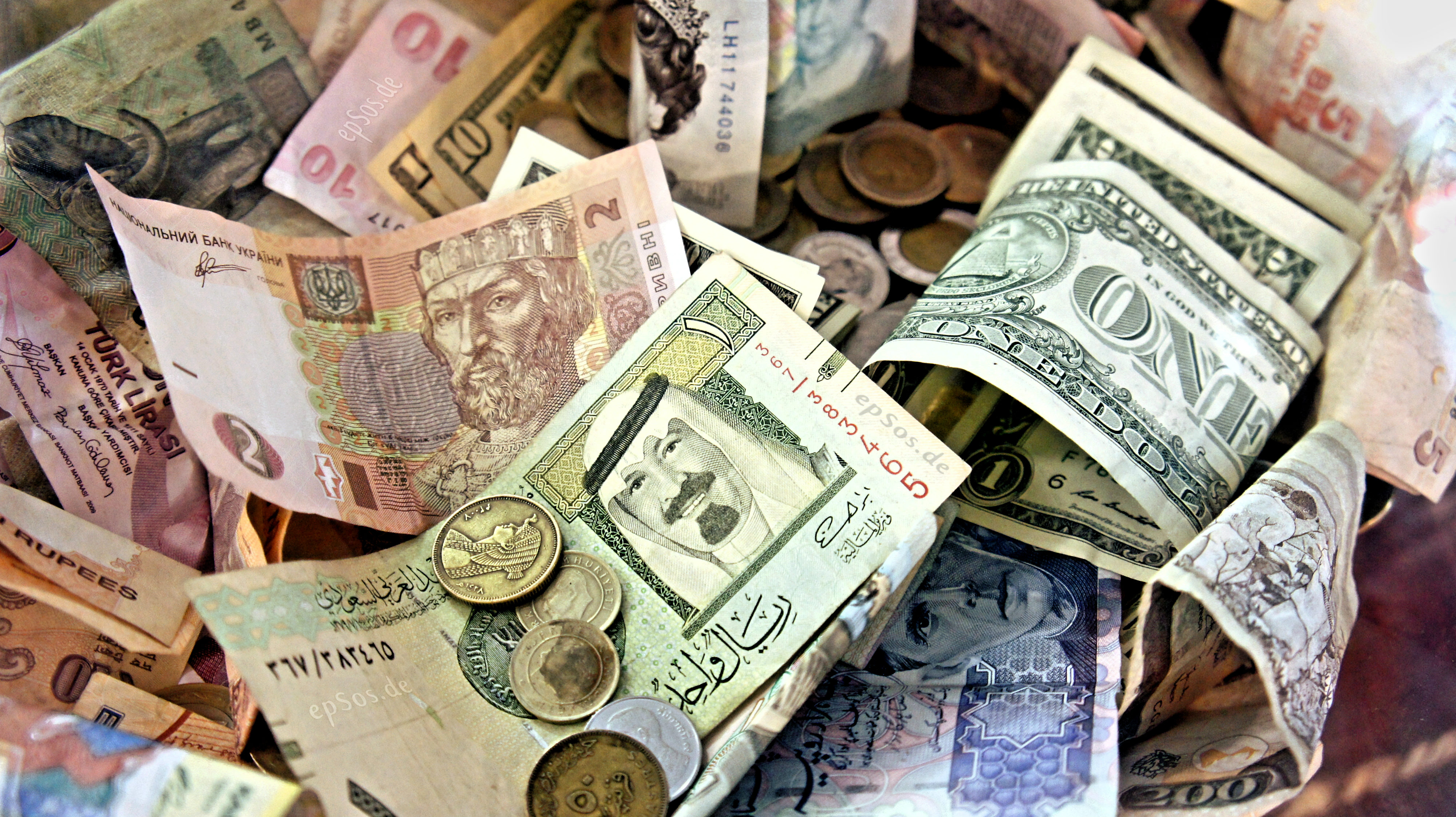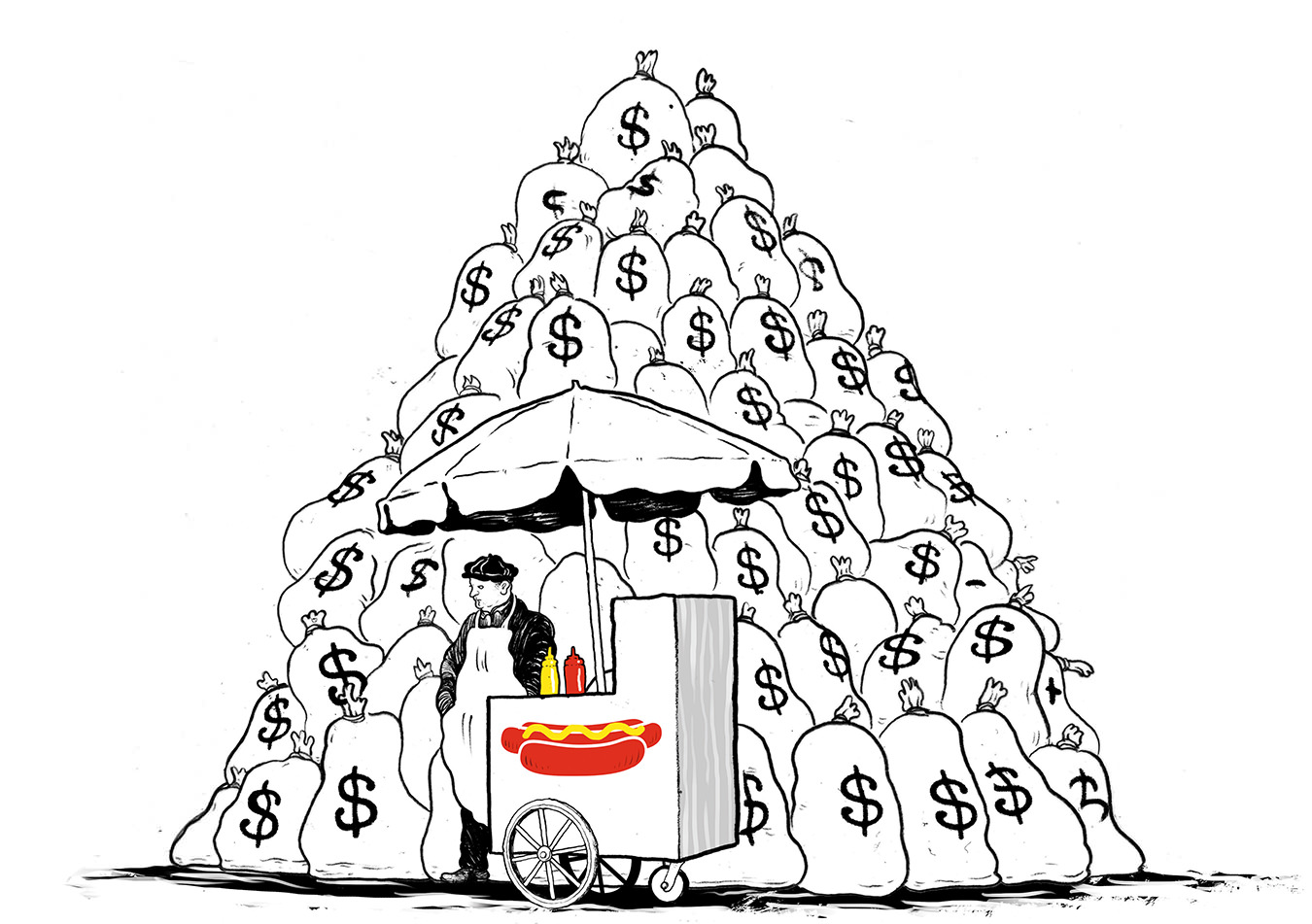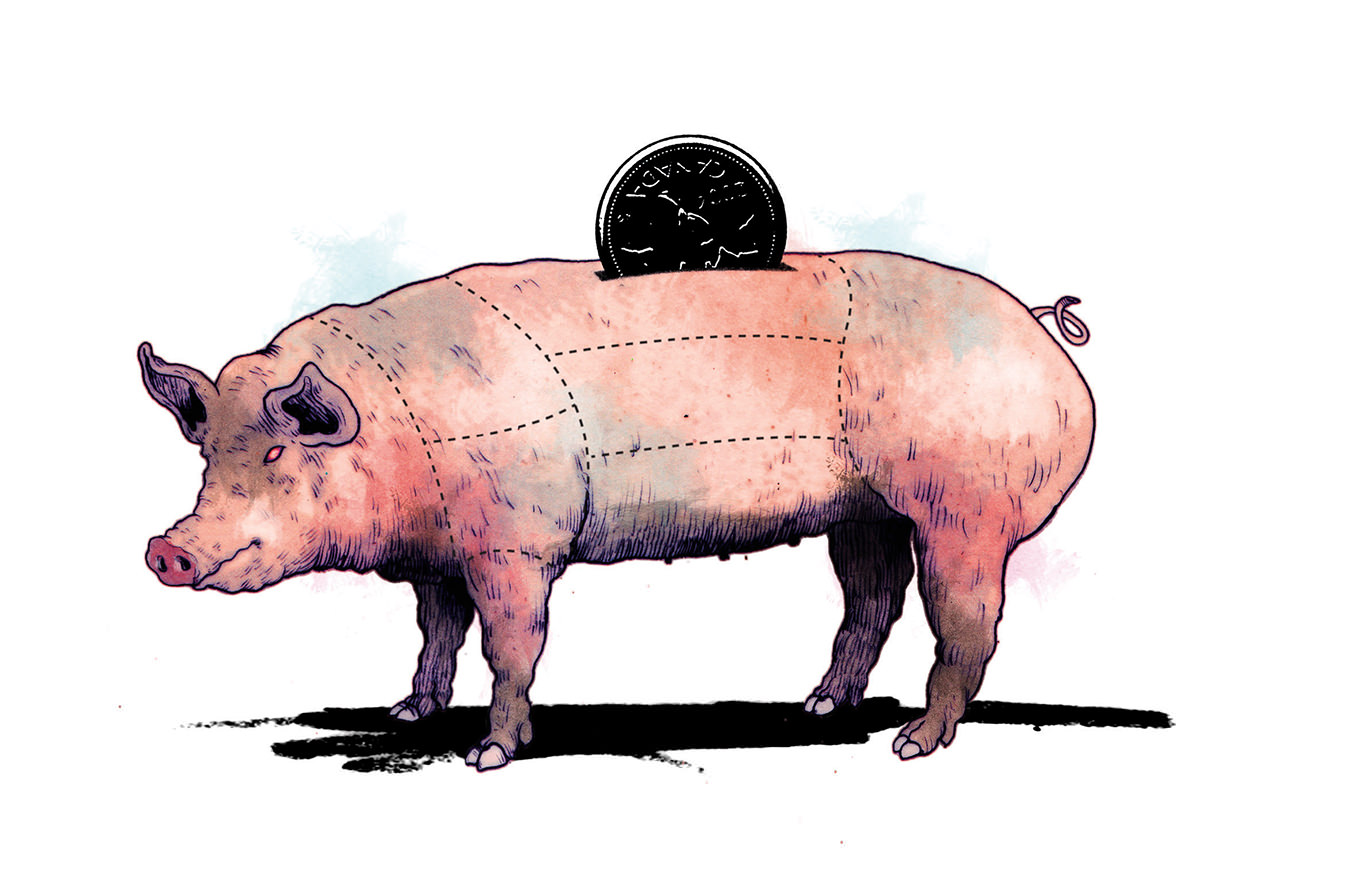Bang Goes the Buck
The currency war is on.

China fired first. Maybe it was Brazil. It could have been Mexico. Or perhaps Japan. Whoever pulled the trigger, one thing is certain: the currency war is on. And the one who can debase their money furthest, and fastest, wins.
To consumers, a low-value currency seems counterintuitive. French wines, Japanese cars, Swiss watches, South Korean TVs—the finer things all become more expensive, and who wants that? But on the level of the broader economy, a buck with less bang can make a lot of sense. When your money (dollars, pounds, yen, euros, or any other of the world’s forms of legal tender) is less valuable than whatever they use across the border, foreign buyers receive an instant discount on everything you have for sale. That tends to drive up employment, which in turn helps companies who do business at home. Everybody wins.
Except when they don’t. Your professor from Economics 101 called it a zero-sum game: for every gain on one side, there’s a corresponding loss on the other. This tends not to sit too well with the other players. That’s the problem with devaluing your currency: when the other guys figure out what you’re up to, they respond with similar moves in an effort to keep their own exports competitive. So you respond with more, in order to stay ahead. This results in increased exchange-rate volatility, which ironically makes life more difficult for those foreign buyers you were trying to attract.
Since the financial meltdown of 2008, China, the U.S., Switzerland, Israel, Japan, and others have made various moves to devalue their currencies, all the while denying that devaluation is what they’re doing. More recently, China’s 3 per cent devaluation of the yuan generated heated rhetoric from both developed nations and from China’s regional competition (Indonesia, Vietnam, Thailand, and Taiwan).
While the war rages half a world away, Canadians are caught in the crossfire: the yuan falls one day, the U.S. dollar rises the next. This makes it a lot more painful to book a trip to Maui, pay for your loot from Amazon.com, or fill up across the border. And not just in the wallet. Admit it: you feel something (shame?) every time the headlines announce the new depths to which our loonie has sunk. We like to think of ourselves as the True North: strong and free, and more than a little prosperous. In reality, we’re just fodder for the financial cannons.




